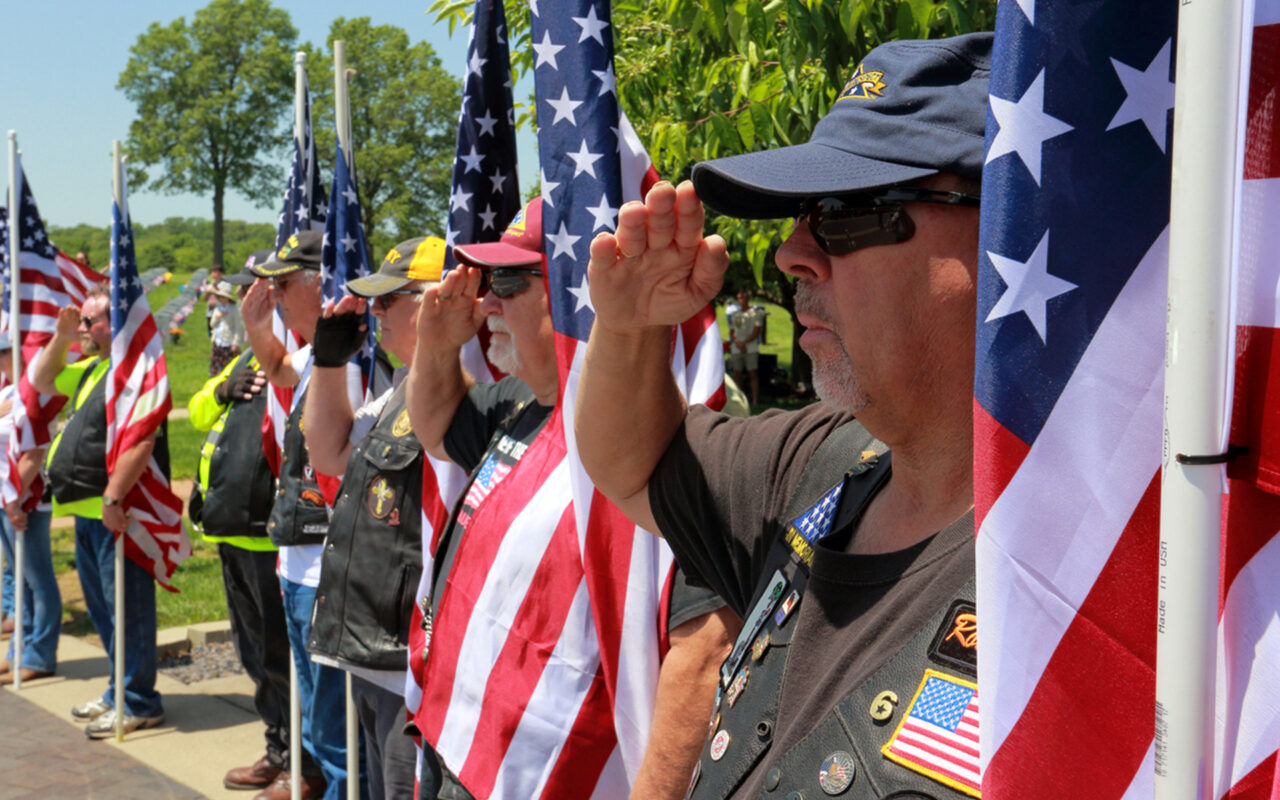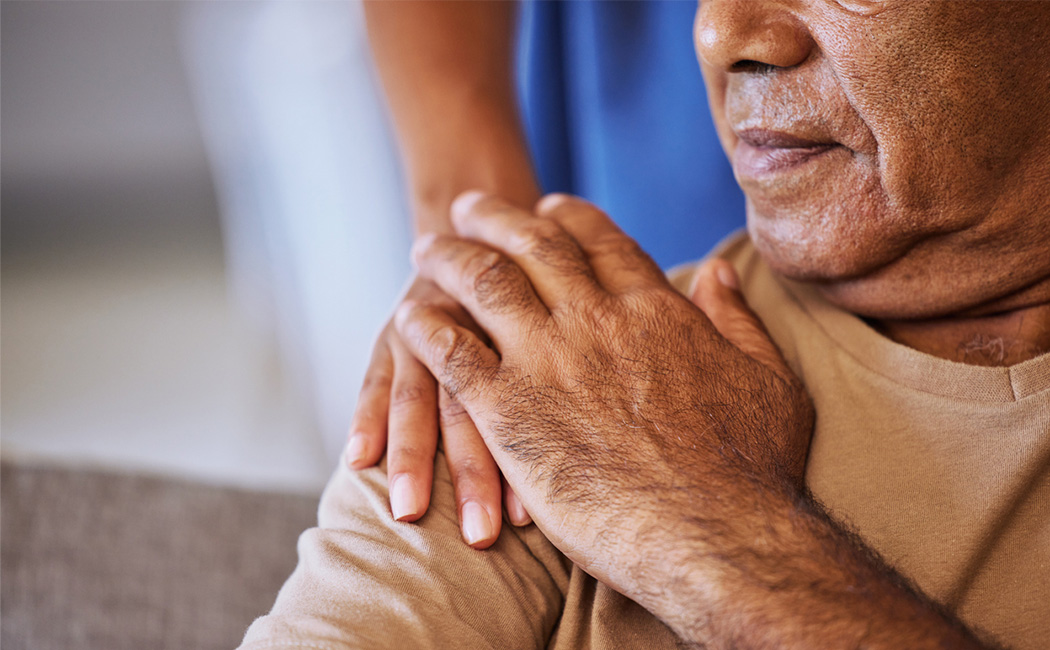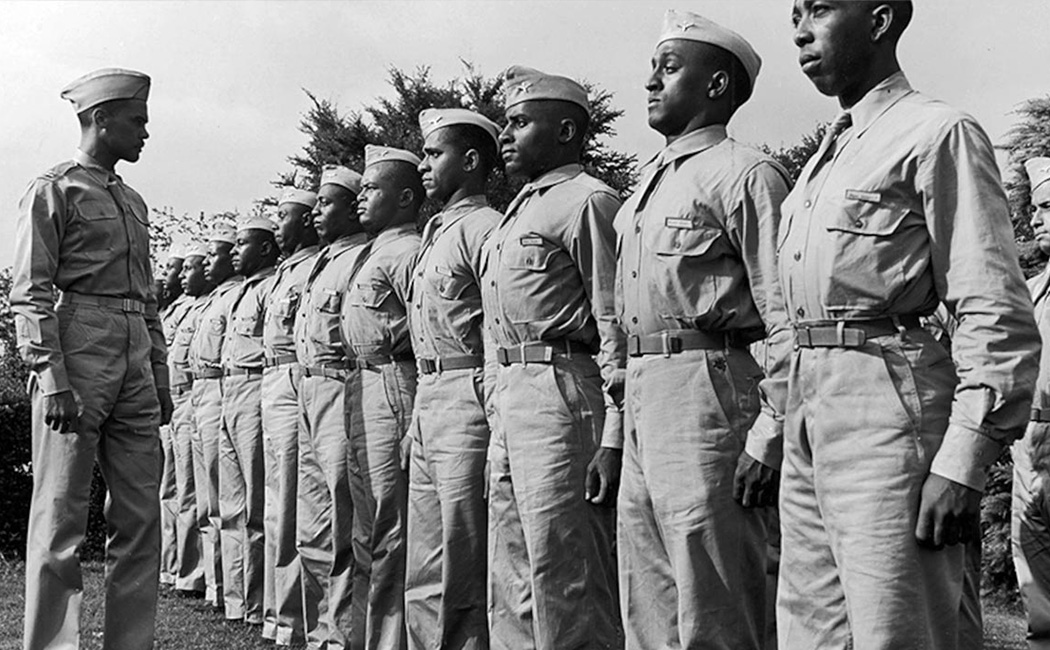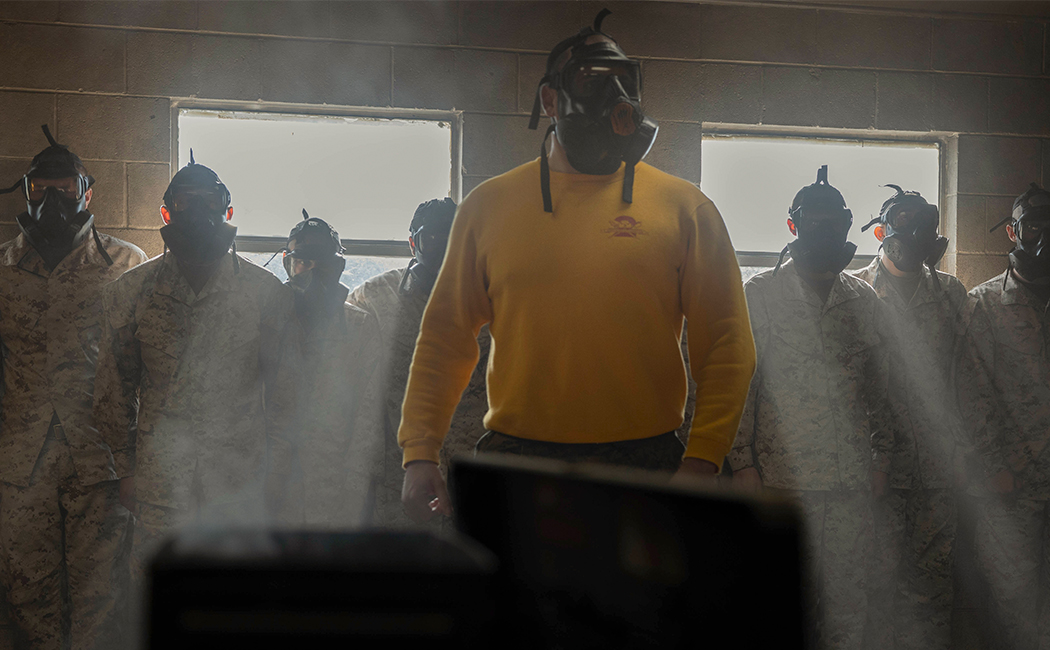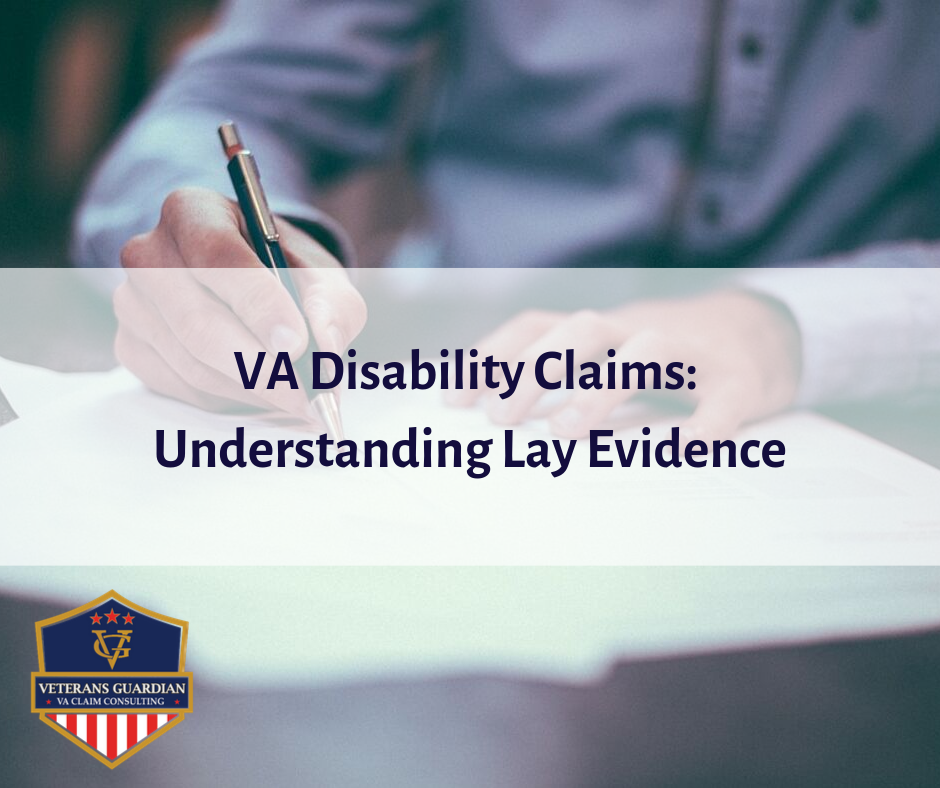
Does this phrase sound familiar? “There’s nothing in your records to support your claim.”
The VA denies claims all the time due to lack of evidence. Lay evidence for VA disability can be valuable evidence to prove various types of claims. This evidence is provided by a Veteran or someone close to them (i.e family or friend). Also referred to as lay statements or buddy statements, these documents can be valuable pieces of evidence to prove various types of claims.
Veterans can use lay evidence to describe an in-service event, injury, or illness that has caused the Veteran’s disability. Lay evidence can also be used to support a claim or appeal for an increased rating by detailing the Veteran’s symptoms, their severity, and progression over time.
That’s why applying for VA disability is so much more than just filling out forms. Lay evidence can provide a complete picture and tell the VA your side of the story accurately so that you get the benefits you truly deserve.
Who can provide lay evidence for VA disability claims?
Lay evidence can be presented by family, a friend or fellow service member, who has knowledge of facts associated with a Veteran’s symptoms. These statements can strengthen a Veteran’s case and often helps fill gaps of missing information from treatment records or service records. Furthermore, lay evidence can be used to provide clarifying information to better illustrate the Veteran’s current situation. Anyone with personal knowledge of the events being discussed within a Veteran’s claim can write a lay statement. This can include spouses, family members, friends, coworkers, other service members, and the Veteran themselves. Those writing lay statements should explain what they have personally observed or witnessed about the Veteran’s condition(s), daily life, or the event that occurred.
How to submit lay evidence for VA claims
Right now, the VA does not require lay evidence to be submitted using any one specific form. However, specific forms do exist. For example, the general form for submitting lay evidence VA Form 21-4138: Statement in Support of Claim and VA Form: 21-0781 Statement in Support of Claim for Service Connection for Post-Traumatic Stress Disorder specifically for PTSD claims. Technically, Veterans can submit lay evidence on any sheet of paper. Statements must be signed and dated.
Types of Lay Evidence
Lay evidence can be very effective to help prove some elements of a disability claim. For example, lay statements can be particularly effective in detailing a stressor for Post-Traumatic Stress Disorder claims. These statements allow the Veteran to tell their story in ways medical records cannot. Similarly, a buddy statement-lay evidence written by a fellow service member who may have witnessed the event- can be quite effective for corroborating a PTSD stressor.
Lay evidence is usually not effective in circumstances such as establishing a medical nexus between the Veteran’s current disability and military service. Again, the effectiveness of lay statements has much to do with the knowledge of the lay person; if that person is not a doctor, they can not establish a link between a condition and service because they lack the expertise to make that judgement.
Types of Lay Statements
Buddy statements are statements written by acquaintances that can speak to the symptoms of your conditions. Statements by old military co-workers are also beneficial. Unfortunately, some events never get officially reported. Therefore, you should try to have a military co-worker write a buddy letter for you to help base details about the event which has caused your service-connected disability.
Statements From Friends or Family
These statements should mention information about changes in you behavior or negative impacts on relationships with friends and family.
Credible and Competent Lay Evidence
Lay evidence should be competent and credible. Competency refers to the quality of information provided by the person writing the statement. Anyone who prepares a lay statement for a veteran should have personal knowledge of what is being discussed. Credibility speaks more to the reliability of what is being said in the statement.
According to the VA:
“Lay evidence is acceptable for the purpose of establishing service incurrence or aggravation, in the absence of service treatment records.”
For a combat Veteran or FPOW, if the evidence:
- is satisfactory
- is consistent with the circumstances, conditions, or hardships of combat or FPOW internment, and
- can prevail in spite of the absence of official records showing incurrence or aggravation of the disease or injury during service.
Important: A medical nexus is required to establish service connection.
Keep In Mind
The Veteran’s credibility may be at risk if there are inconsistencies in their story. Never exaggerate or downplay a how your condition affects you when writing a lay statement. For best results, stay truthful and consistent.
A Final Note
Even though lay evidence can help you prove service connections, you still need additional evidence to build a strong claim packet. A Nexus Letter is one of the most important pieces of evidence to service connect your VA disability claim.
This information is not a substitute for legal advice. It is for informational purposes only.
Veterans Guardian partners with Veterans to identify possible service-connected conditions, investigate medical and lay-evidence, develop a claim strategy, and provide the information and education needed to support a claim. Having physical or mental condition is only half the battle.




